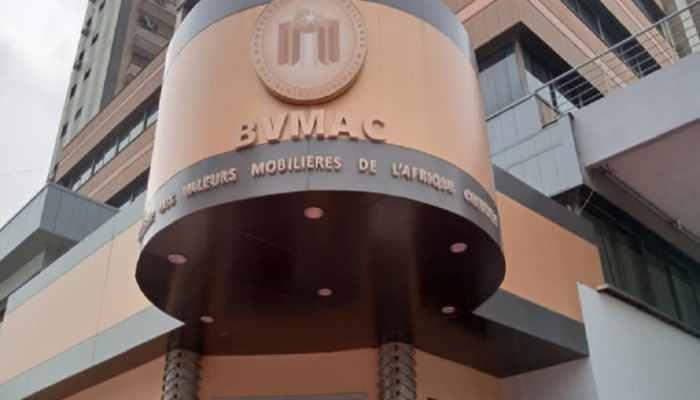According to the issuing institution, the Covid-19 will cause, among other things, the deterioration of macro-economic accounts, the fall in external funding, the disruption of intra-community trade, the weakening of external and financial stability, and the rise inflationary pressures.
The countries of the Central African Economic and Monetary Community (CEMAC) should expect gloomy prospects for their economies in the year 2020. This is what emerged from the first annual session of the Policy Committee Monetary (CPM) of the Bank of Central African States BEAC, whose report was released on April 27. The said report announced that the economic and financial consequences of COVID-19 on the CEMAC economies would be of several kinds: a significant deterioration in macroeconomic accounts, a fall in external funding, a disturbance of intra-community trade, a weakening of stability external and financial, and finally, a risk of rising inflationary pressures.
To cope with these constraints, BEAC intends to support the economy. It would therefore proceed by injecting liquidity via the banking sector. Even if it should be noted that the massive and uncontrolled injections of liquidity by the Central Bank generally results in a deterioration of the external stability of the currency, with as a corollary the rise in inflationary pressures and the fall in foreign exchange reserves, and therefore the fall in the purchasing power of economic agents and increased impoverishment.
The Monetary Policy Committee thus decided, among other things: to lower the Interest Rate for Tenders (TIAO) by 50 basis points, from 3.50% to 3.25%; revise the Marginal Loan Facility Rate by 100 basis points from 6.00% to 5.00%; to bring the injections of liquidity from 240 billion FCFA to 500 billion FCFA, and make themselves available to raise this amount if necessary; broaden the range of private effects accepted as collateral for monetary policy operations; and finally to lower the levels of discounts applicable to public and private bills admitted as collateral for refinancing operations at BEAC.
The CPM also supports the actions envisaged by the government of the Central Bank which has decided to soften the conditions for issuing treasury securities, to ensure that banks supply sufficient and sufficient quality of monetary signs, to bring to the competent authorities the proposal to reschedule by one year the reimbursement of the capital of credits consolidated by BEAC on States, and to invite payment service providers to lower the costs of electronic money transactions and the means of digital payments in CEMAC.
In addition to these decisions taken, this BEAC institution makes recommendations to the six member states which are Cameroon, Central African Republic, Congo, Gabon, Equatorial Guinea and Chad. They are advised to speed up the assessment of the effects of the Covid-19 pandemic on their economic prospects in order to consider budgetary and financial measures. They should also seek financial support from the World Bank and the IMF, which have set up programs to support developing countries exposed to the Covid-19 crisis of $ 14 billion and $ 50 billion respectively.
To commercial banks in the sub-region, the Monetary Policy Committee recommends that their customers be adequately supplied with currency signs, in particular by ensuring the availability and proper functioning of their network, including ATMs. Credit institutions are also advised to guarantee the provision of all services and strengthen the operations of remote banks. Just like the CPM of Beac asks them to lower their conditions. Recall that in this sense, BEAC had granted the Development Bank of Central African States BDEAC a financing line of CFAF 90 billion for public investment projects.






